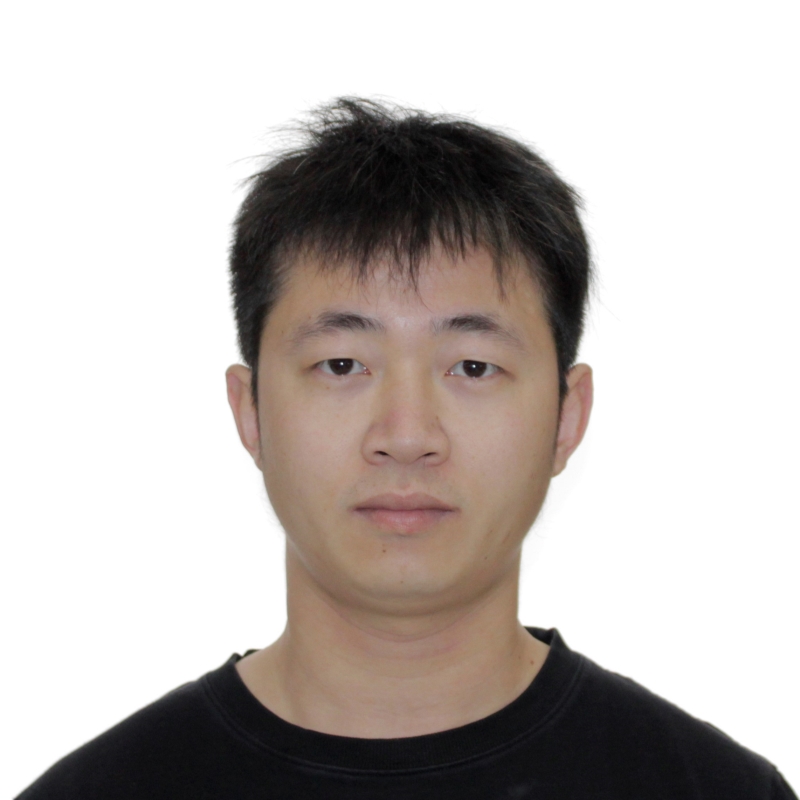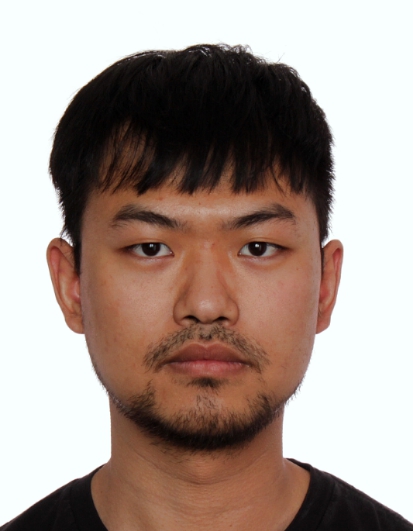As an entrepreneur / designer heading his own eponymous firm in Berlin, Daniel Becker Design Studio, Daniel provides design and consulting services in the fields of industrial products, lighting and interior design as well as art-direction and strategic conception.
Daniel Becker (born 1983) studied industrial design at Braunschweig University of Art. After graduating, he opened his own studio and was invited to show his work in several young design talent selections on major trade fairs. In 2013, he presented new products on the Milan Furniture Fair and is nominated for the Newcomer Award by the German Design Council.
His list of accolades include, Interior Innovation Award 2013 – Nominated for [D3] Contest, Light+Building Young Design 2012, Ambiente Talents 2010, Blickfang NEXT 2010, Macef Design Award 2010 – Edda (shortlisted) and Incheon International Design Awards 2009 – Sparks (shortlisted). Not to mention, this list is just the beginning of his career, there’s more to come from this multi-talented and immeasurably creative designer. And lately we got the privilege to interview him, please go ahead and enjoy after a slight jump,
TechieTonics: What motivated you to go into designing? And where do you get the ideas from?
Daniel: Since I was a child, I always felt the wish to »invent« something, to create and to construct things. So when I searched for what to study, the decision seemed pretty obvious.
I get my ideas from walking through the world with open eyes, seeing any kind of culture, exhibitions, concerts, movies, theatre. It is very important to get a lot of input. I also love to travel, to see how other cultures live and approach problems.
TechieTonics: Can you tell us something about the Contemporary Components your new online-shop? How and why will it be different from the already existing similar projects?
Daniel: At Contemporary Components we want to offer a very special selection of pieces you can hardly find anywhere else. We are focusing on products by small design studios without the big brands being involved. We are neither interested in mass produced things nor in pieces from design brands that you can see and buy almost everywhere. Most products are handmade and made in small quantities only.
TechieTonics: Can you please acquaint us with the idea and workings behind the most interesting concept of yours, the LEM lamps? What made you land on the quasicrystals and aperiodic patterns?
Daniel: I read about the discovery and definition of quasicrystals some years ago after … received the Nobel Prize for it and it was something that didn’t leave me alone since then. In chemistry, quasicrystals stand with their aperiodic but still ordered structure for a contradiction to the actually required periodic symmetry of molecules within a crystal. This result in very tense geometries, which seem to be regular and symmetric but when analyzing them closer they are not. So you end up with having a shape with a defined, logical order which is chaotic at the same time – this is truly fascinating!
TechieTonics: I am excited to know the story behind the “Stove tiles” that made you nominate for the German design award 2014?
Daniel: The design is the result of a request from the Berlin based gallery »Direktorenhaus«. They are located in a very old building that has been cut from the city’s gas supply, so they had to find another solution to heat the building in winter. The only option was to build up classic ceramic heating ovens, so they decided to invite a couple of designers to create a unique tile design for them which was realized with a heritage stove tile manufacturer from Bavaria.
TechieTonics: Industrial designing fits into the grand scheme of entrepreneurship, the only thing you know (while designing) is to create innovating, invigorating and problem solving solutions. How far I am correct in holding such a view?
Daniel: I don’t know if it’s the only thing, but generally this sums it up quite well.
TechieTonics: What’s most challenging about an industrial designer’s job?
Daniel: The most challenging is to combine the entirely different thinking of all people you’re working with when developing a new product. Starting from technicians and engineers through marketing experts and company leaders to journalists and maybe gallerists. They all have totally different expectations from you all though it’s all about the same product. You have to learn that and be very respectful towards their points of view.
TechieTonics: What advice would you like to give to the budding designers?
Daniel: To watch your surrounding environment, to learn a lot, to experience a lot and to be extremely aware of details and things other people overlook. And then to ask yourself, why people overlook something.
TechieTonics: Is there anything you’re most proud of so far, one particular project that came off really well?
Daniel: No, I see it more as being a process, where one thing leads to another. I’m happy that I got to where I’m now.
Quick Bits:
TechieTonics: Describe yourself in one word?
Daniel: Patient
TechieTonics: What kind of music do you prefer?
Daniel: Independent and experimental stuff
TechieTonics: Who would you like to design something for?
Daniel: I don’t care, every project is a challenge.
TechieTonics: How would you label/categorize your work?
Daniel: It’s not my job to do that 😉
TechieTonics: If given a chance, what would you like to change in the world?
Daniel: The world with everything that’s in it is a mirror of us human beings. If the people change, the world changes. I wouldn’t want to alter anything in this fact.
Thank you Daniel for taking out time for this interview sodden with amazing insights, before wrapping up, we’d like to wish you success and luck for all your future endeavors.







